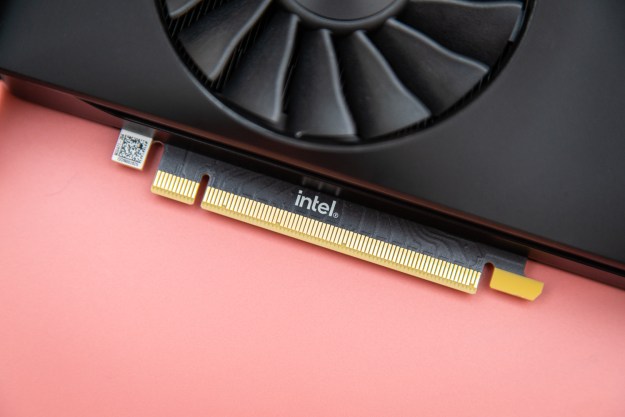In a press statement Intel had the following to say about the Japanese Federal Trade Comissions ruling:
Although IJKK accepts the Recommendation, the company does not agree with the facts underlying the JFTC’s allegations and the application of law in the Recommendation. IJKK continues to believe its business practices are both fair and lawful, but the company believes that the cease and desist provisions of the Recommendation will not impair it from continuing to meet customer requirements.
“Intel respectfully disagrees with the allegations contained in the Recommendation, but in order to continue to focus on the needs of customers and consumers, and continue to provide them with the best products and service, we have decided to accept the Recommendation,” said Bruce Sewell, vice president and general counsel for Intel. “We believe the Recommendation’s cease and desist provisions define a workable framework that enables us to continue to provide competitive pricing to our customers, and benefits consumers and the Japanese economy. We do not accept the Recommendation’s allegations in its fact findings and the application of law. We believe the allegations misinterpret important aspects of our business practices and fail to take into account the competitive environment within which Intel and its customers compete.”
Editors' Recommendations
- Some Intel CPUs lost 9% of their performance almost overnight
- It just became the perfect time to buy a last-gen Intel CPU
- Intel Battlemage graphics cards: release date speculation, price, specs, and more
- Intel is oddly enthusiastic about AI replacing everyone’s jobs
- Gamers are reportedly returning Intel Core i9 CPUs in droves


